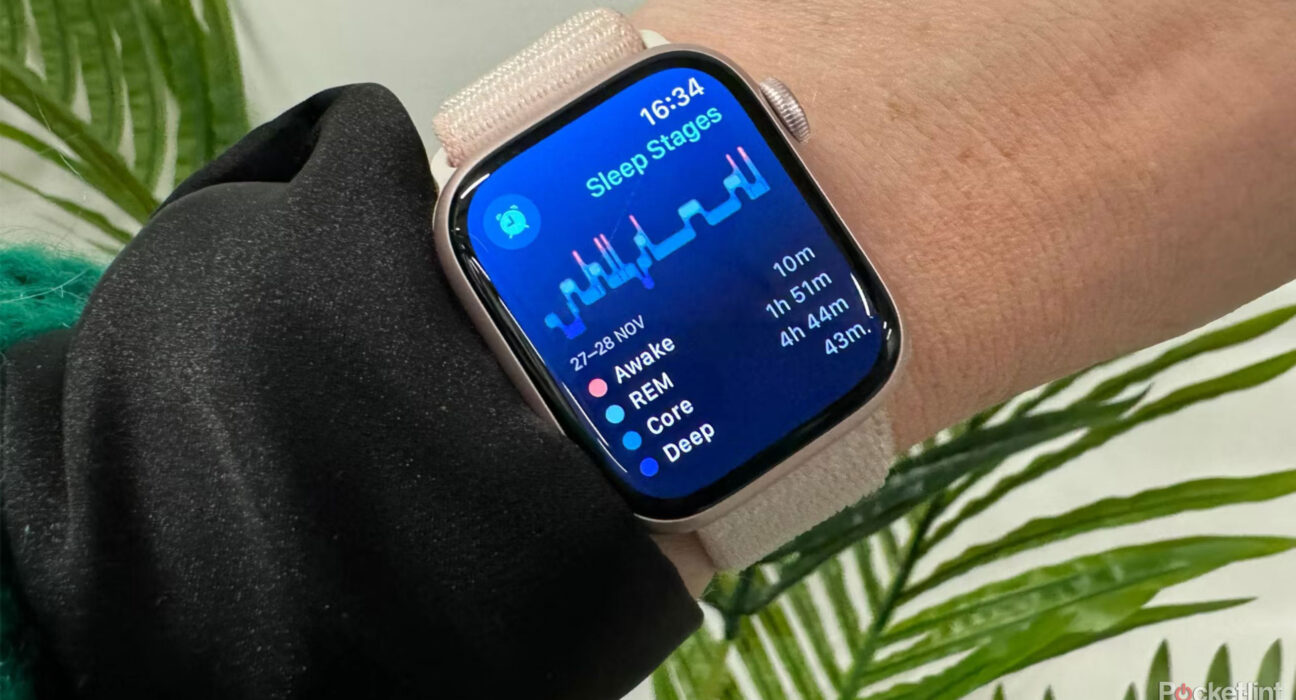Sleep is supposed to be a peaceful refuge, a time for our bodies and minds to rest and rejuvenate. But what happens when even this essential part of our lives gets disrupted by modern technology? In today’s world, where we are constantly bombarded with information and distractions, the quest for better sleep has led many to turn to sleep tracking devices. These gadgets promise insights into our slumber patterns, aiming to help us understand our sleep quality and ultimately improve it.
Imagine slipping into bed after a long day, ready to drift off into dreamland. Instead of letting yourself surrender to the comforting embrace of sleep, you find yourself fixated on the numbers and data displayed on your sleep tracker. Is this obsession with monitoring every minute detail of our restful hours doing more harm than good?
Experts suggest that while sleep tracking can be informative, it may not always lead to better rest. Dr. Sarah Jones, a renowned sleep psychologist, explains,
“Constantly checking your device for updates and analyzing your sleep metrics can create anxiety around sleeping itself.”
This heightened awareness of one’s slumber can paradoxically result in increased stress levels that hinder the ability to fall asleep naturally.
The allure of quantifying something as subjective as sleep is undeniable. From monitoring heart rate variability to detecting tossing and turning during the night, these devices offer a wealth of data about our nocturnal activities. However, are we sacrificing the simplicity and spontaneity of falling asleep by overcomplicating it with technology?
Dr. Michael Chang, a neurologist specializing in sleep disorders, shares his insights:
“While some individuals may benefit from using sleep trackers to identify underlying issues like insomnia or apnea, others might become overly reliant on these gadgets.”
It’s essential to strike a balance between utilizing technology as a tool for improvement without letting it dictate our entire bedtime routine.
The incessant need for optimization in every aspect of our lives has seeped into the realm of sleep as well. We strive for that perfect eight hours of uninterrupted slumber based on recommendations from health experts and research studies. But what about the intangible aspects of rest – the moments between wakefulness and dreams that cannot be measured by algorithms or sensors?
As we navigate through an era where self-quantification is increasingly prevalent, perhaps it’s time to pause and reflect on whether we are allowing technology to intrude upon even our most private moments – those spent in the realm of dreams.
In conclusion, while sleep tracking devices can provide valuable insights into our nightly habits, they should complement rather than dominate our relationship with slumber. Let us not lose sight of the simple joy found in sinking into bed at night without worrying about reaching predetermined targets or analyzing every second spent asleep. After all, there is beauty in embracing the unknown mysteries that unfold when we surrender ourselves fully to the embrace of darkness each night.

